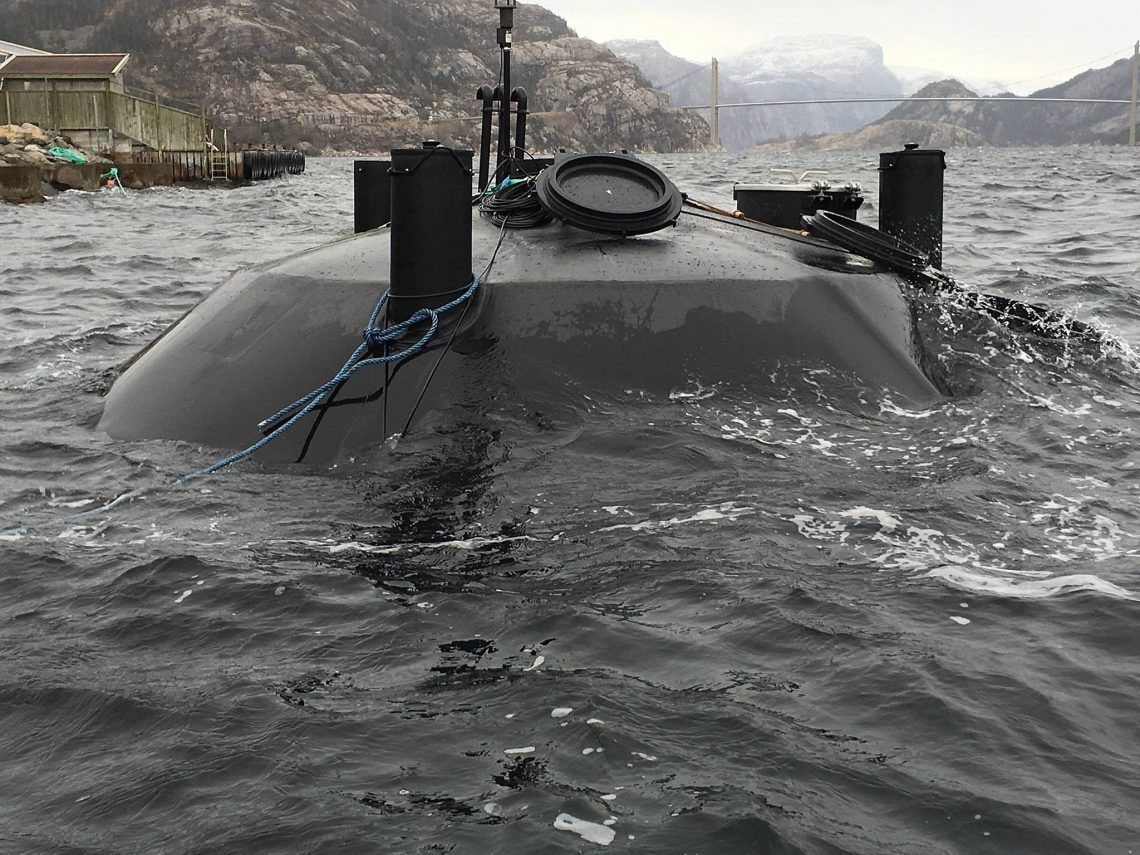Tor Hellestøl, general manager at Fish Globe, has confirmed to SalmonBusiness that Amoebic Gill Disease (AGD) has broken out in the spherical post-smolt tank.
“We have a score of 1.6, and the fish will be treated with fresh water at the same time as the planned delivery of fish tonight / morning,” Hellestøl wrote in an email.
A quarter of a million fish
AGD can cause high mortality for salmon. The closed facility contains a significant number of smolt.

“Approximately 250,000 as of 1 November,” confirmed Tor Hellestøl.
The fish must be delivered to the customer Grieg Seafood Rogland.
How serious is this problem? And what is the cause?
“It is currently not serious, but since the fish will be delivered tonight / tomorrow via wellboat, it is natural to combine delivery of fish with freshwater treatment in the same operation. AGD is an amoeba that is in the sea,” he explained.
Salinity
“Paramoeba perurans is an amoeba that can invade and parasitize the gills of salmon. It thrives best in water areas with high salinity and the water temperature should be relatively high,” Marin Helse states on its website.
According to the Veterinary Institute, the amoeba has both parasitic and free-living stages, and can survive both in sediment and in equipment connected to fish production. Floating stages of the amoebas can live for many days and this is believed to contribute to the amoeba’s ability to spread over long distances. Other possible means of transmission are the movement of infected fish and equipment, migratory infected fish or other infectious organisms.
Fish with AGD have symptoms such as difficulty breathing, poor appetite, reduced swimming activity and slow avoidance reactions.
The innovative post-smolt plant Fish Globe is 100 per cent owned by Havbrukskompaniet. This in turn is majority owned and controlled by former shellfish breeder Arne Berge.



